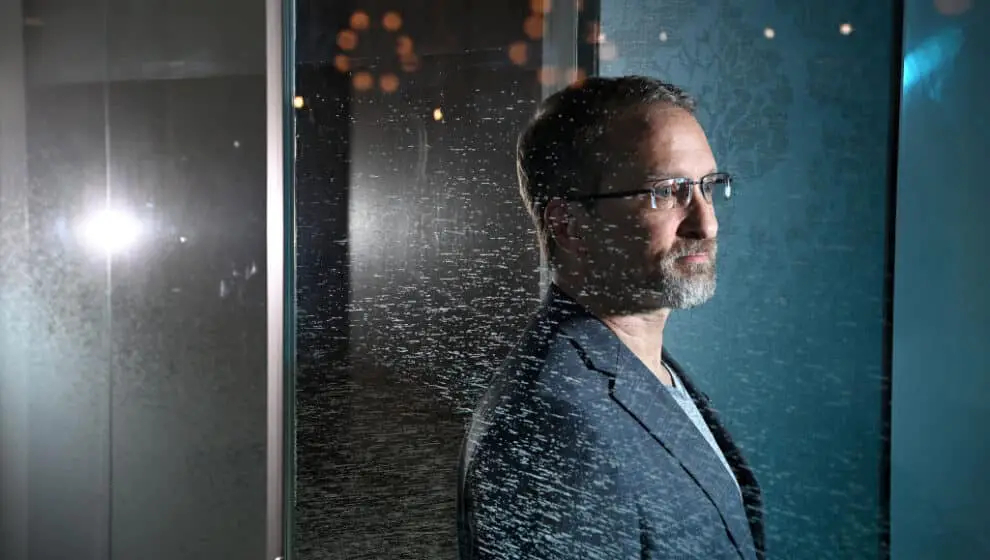Twitter paid $7 million to the former employee who came forward last week with details about the company’s business practices.
Key details
Twitter paid whistleblower Peiter Zatko $7 million to keep quiet, according to Elon Musk’s lawyers.
This week, a hearing took place between Musk and Twitter in the Delaware Chancery Court to discuss issues within the case. During the hearing Musk’s lawyers briefly spoke about the payment to Zatko.
“They’re paying the guy $7 million and making sure he’s quiet,” Musk’s attorney Alex Spiro says.
People familiar with the matter said the payment was part of a settlement related to Zatko’s lost compensation after leaving Twitter. The deal didn’t let Zatko speak publicly, but would allow him to act as a government whistleblower about his time at the social media company, according to The Wall Street Journal.
Why it’s news
Elon Musk has attempted to back out of his $44-billion deal to buy Twitter due to the platform having too many fake accounts and the company giving misleading data about itself for months.
Twitter paying millions to hush someone basically agreeing with Musk’s claims is a big deal. During the hearing, Chancery Judge Kathaleen St. Jude approved Musk to add Zatko’s allegations to his counterclaims.
During the hearing, Twitter lawyers tried to undermine the whistleblower complaints, saying Zatko was trying to harm Twitter for firing him. Musk argued that Zatko began to raise concerns over the privacy and security of the social media company before he was terminated.
Spiro, Musk’s Lawyer, defended Zatko by saying he didn’t take the millions and leave he brought his complaints higher up in order to make a difference.
“The problem is that they paid him $7 million,” Spiro told the judge. “The problem is that if he really wanted money, then how come he’s still doing this if he doesn’t want justice also.”
Zatko is set to testify before a Senate committee next week and has been subpoenaed to testify in the Twitter lawsuit.
Backing up a bit
The timeline between Elon Musk and Twitter is a lengthy one.
In April, Elon Musk announced that he held a 9.2% stake in Twitter, which made him the social-media company’s largest shareholder. Twitter’s stock price soared 25% after the announcement.
Later that month, the billionaire entrepreneur offered to buy all of Twitter at $54.20 per share—equaling about $44 billion. He said he originally invested in the platform because he believes it is failing in its potential to be the leading platform for free speech around the globe. In fact, he asked his 2 million followers if Twitter adhered to principles of free speech, and 70% said “no.”
Last month, Musk decided to back out of the deal, claiming there were too many fake accounts on the platform. Twitter has since sued Musk in Delaware Court of Chancery to complete the deal and requested the trial to take place in September. Musk, on the other hand, wanted to delay the trial until February 2023, stating that a case of this size takes time to prepare. Twitter was granted its wish of an expedited trial, with Chancellor Kathaleen McCormick, the presiding judge, setting a five-day trial for October.
Musk then countersued Twitter, stating his reason for the termination was due to Twitter not being upfront about the number of fake accounts on the platform.
Then, Elon Musk and his legal team subpoenaed Twitter’s founder and former CEO Jack Dorsey, to get him to release documents that provide accurate information on bots and spam accounts on the social-media platform and now these documents have come out from Zatko and Musk and his lawyers have subpoenaed him as well.
The trial is set for October, unless it can be settled before that date approaches.
